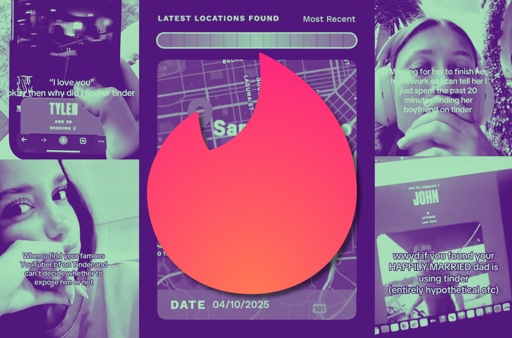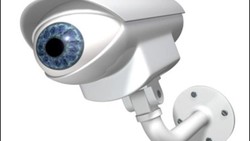
One of the plot points is that in response to panopticon-style surveillance, an underground counterculture emerges of people who become invisible – hiding under camo, blankets, etc. And never speaking; only using sign language directly touching another person’s hands to keep communication private.Dope. This one is new to me.
It’s the very best of Clarke’s work: when he lets a good writer do the storytelling, and sticks himself to figuring out the logical conclusion of new technology
How do you use sign language while you touch other people’s hands?
I don’t know about other countries - in Switzerland there’s something called ‘tactile sign language’. It’s a variation of sign language where the ‘listener’ is holding your hands to track your movements, and it’s commonly used by/with people with impaired hearing and eyesight.
A more universal (and much easier to learn but much slower) variant is the Lorm alphabet where you use your right hand to draw letters on the ‘listening’ person’s left hand. E.g. the word ‘hello’ would be: run finger down top half of pinkie, tap tip of index finger, run finger down middle finger to wrist (twice), tap tip of ring finger.
how people who are both blind and deaf communicate
You can spell, but that would slow down conversation significantly. I get frustrated sometimes when people talk too slow, so I think I would just end up blurting it out.
It’s a logical conclusion of facial recognition and mass indexing existing that anywhere remotely public you put your face is just fully public.
Honestly I have less of a problem with that than the illusion of privacy that’s been created anyway. Now we have a whole part of our economy that’s based on creeping on people, which couldn’t possibly exist if it was noticeable.
s/noticeable/avoidable
It’s still possible to be off of the digital surveillance grid, but it is hard and a small subculture at best. I’m in it. It’s less that you’re forced to use whatever thing than that people forget not everyone does.
The Clarke book brought up elsewhere had the the right idea, but the wrong manifestation.





